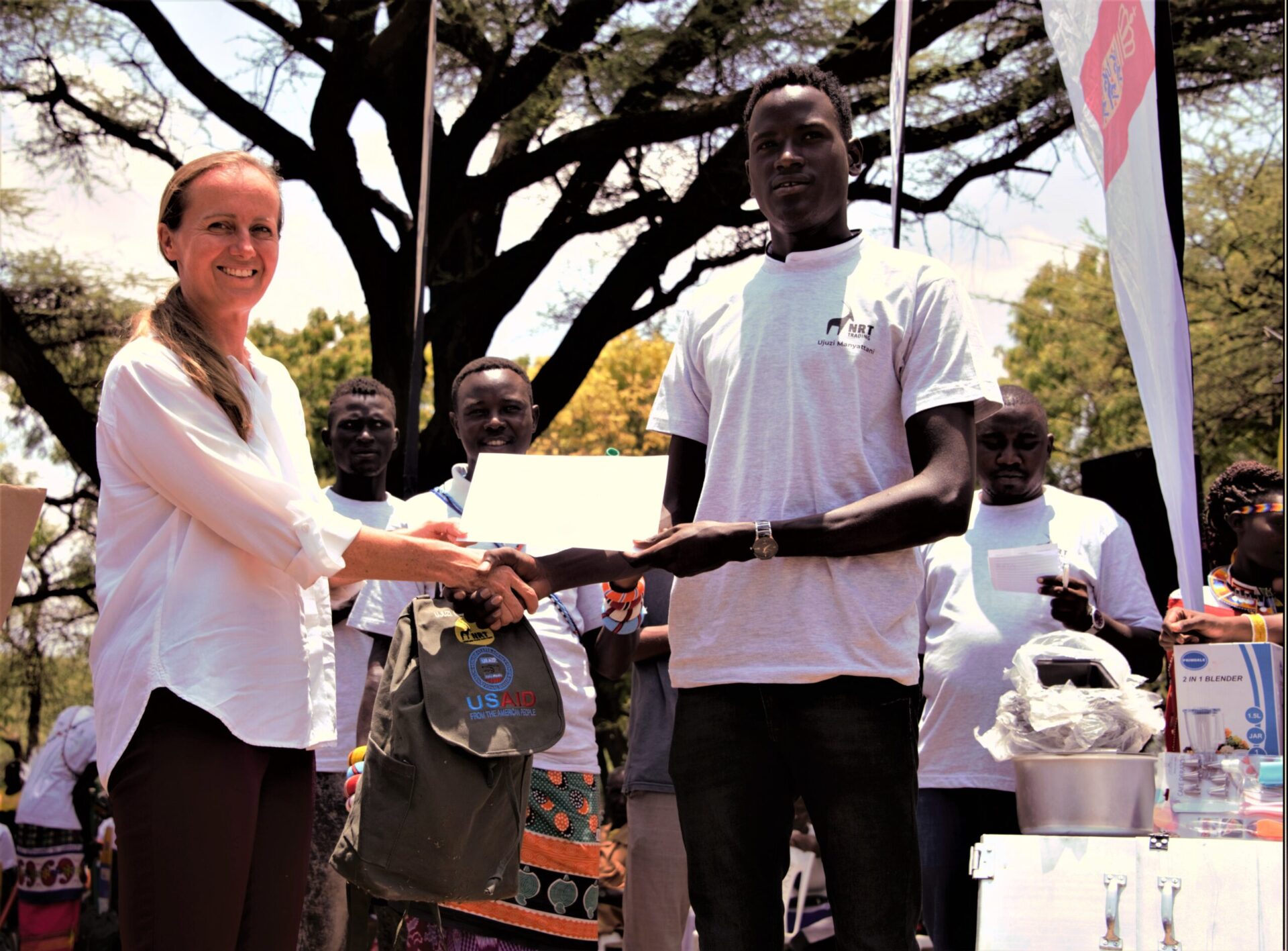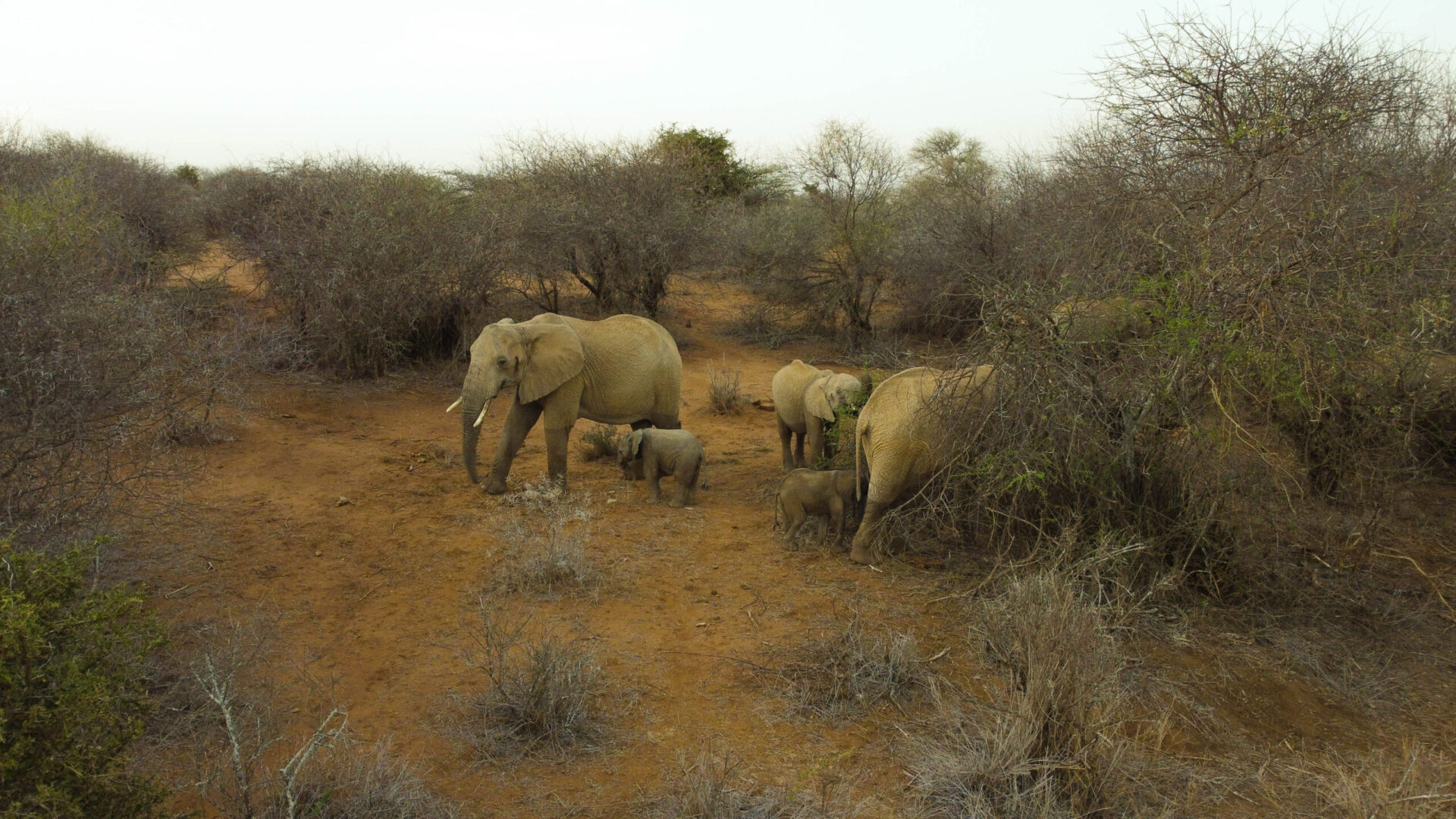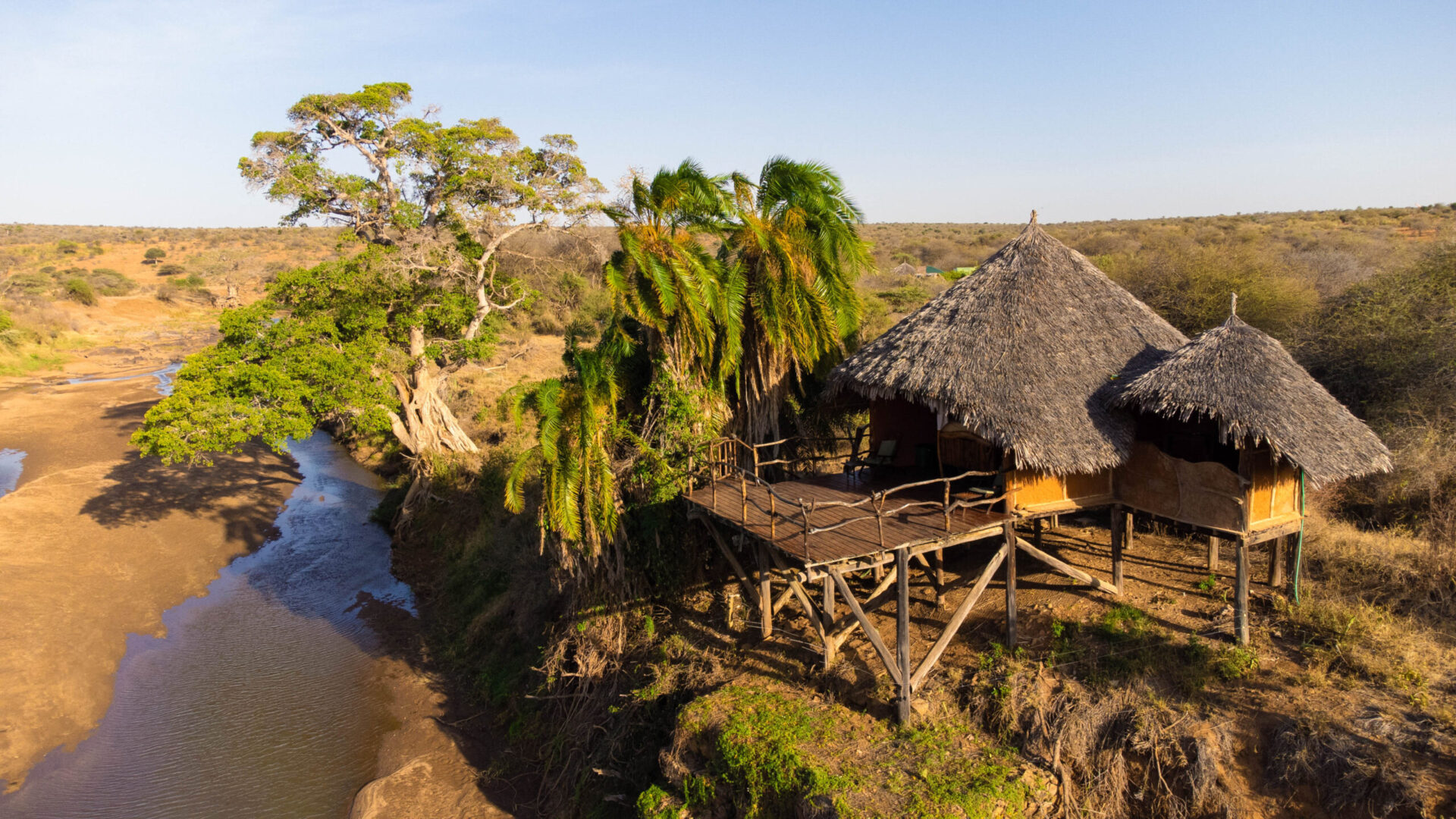USAID Local Works
MashinaniWORKS has been working with local communities to transform lives and landscapes in northern Kenya through the 3-year Northern Kenya Landscape Local Works Project funded by USAID. The key focus areas of this project are entrepreneurship and financial inclusion, vocational training, Livestock production, and marketing improvements, and Tourism development.
Biashara Mashinani
MashinaniWORKS ‘Biashara Mashinani’ program focuses on the economic inclusion of the women and youth of northern Kenya. This comprises two complementary work streams, i) financial inclusion through micro-finance, and ii) vocational training.
The program targets to empower 300 entrepreneurs in 10 conservancies to start, improve and expand their enterprises to increase household income and generate jobs locally.


Ufugaji Bora Mashinani
Ufugaji Bora Mashinani is a farmer’s field school training for better animal husbandry. It is also leading the way in transforming mindsets and improving livestock practices.
With Ufugaji Bora Mashinani, we seek to create a movement for morans for livelihood improvement. This program seeks to bridge the chasm between tradition and modernity by acknowledging and embracing the best from both while acknowledging the ecological and social realities of the communities to bring change from within. It would empower morans to make their livestock more productive through the power of information, education, analysis, and better decision making.
The herder’s training manual under Ufugaji Bora Mashinani comprises four modules. Module 1 is on Livestock breeding, module 2- Feeding strategies, Module 3- Animal health and Livestock marketing, and Module 4 is about Climate change and leadership. So far, 300 herders in 10 NRT community conservancies in the Counties of Isiolo, Marsabit, Samburu, and Laikipia have been trained and graduated.
So far, 82% of Ufugaji Bora Mashinani beneficiaries are practicing better livestock husbandry. According to an endline survey conducted, the participation of trainees in good management practices increased from 12% to 33% compared to the baseline report. It was also notable that improved consumption of commercial animal feeds and minerals as a supplement to natural grazing is attributed to a change of attitude influenced by the training for 92% of the herders.



Conservation-based tourism has the potential to generate enough commercial revenue for conservancies to achieve economic sustainability and provide critical services and infrastructure to their people.
Tourism provides an accepted, complementary form of land use in northern Kenya that can be pursued in parallel with the existing pastoralist lifestyle, provide youth and women an alternative income source to pastoralism, and encourage communities who have peacefully co-existed with wildlife for centuries to re-energize efforts to steward their dwindling precious resources. The Local Works projects aims to build the capacity of communities to manage tourism facilities by training the Boards to manage tourism, and also training local youth and women to be able to take on tourism jobs. The project also markets northern Kenya as a tourism destination
